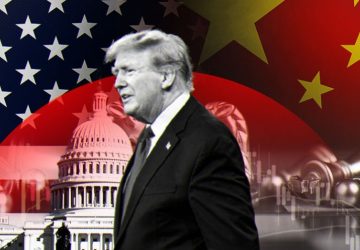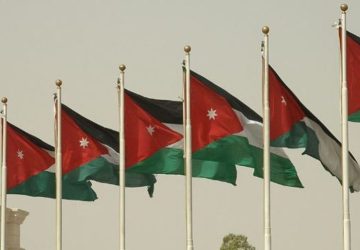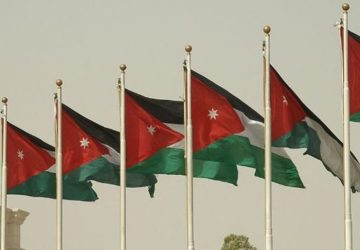The national election authority announced on Monday that President Abdel Fattah al-Sisi secured a third term with 89.6% of the vote in Egypt, the most populous nation in the Arab world.
The outcome of the December 10-12 poll was widely expected after the former army chief with a fondness for infrastructure mega-projects campaigned against a small field of relative unknowns.
It secures 69-year-old Sisi his third and, according to the Egyptian constitution, final term in office, starting in April and set to run for six years.
His victory comes despite a painful economic crisis, marked by a currency plunge and runaway household prices, and heightened regional tensions sparked by the Israel-Hamas war in neighboring Gaza.
Annual inflation is running at 36.4%, sending up prices of some food staples by the week and hurting household budgets in the country of nearly 106 million.
Even before the current economic crisis, about two thirds of Egypt’s population were living on or below the poverty line.
The election authority said that the turnout was “unprecedented” at 66.8% of 67 million registered voters. This was up from 41% in 2018 and 47% in 2014.
Sisi, a retired army field Marshall, was first voted in as president after leading the overthrow of elected Islamist president Mohamed Morsi in 2013. He later extended the presidential mandate from four to six years and amended the constitution to raise the limit on consecutive terms from two to three times.
His administration has overseen the imprisonment of tens of thousands of political opponents as the space for dissent has been progressively curtailed.
From 2016 onward, he undertook a host of economic reforms in pursuit of loans from the International Monetary Fund that have required severe austerity measures and multiple currency devaluations.
Those policies, coupled with expensive mega projects – including a $58 billion new capital city in the desert east of Cairo – have more than tripled Egypt’s debt.
Virtually all imports to Egypt are paid for in dollars, and a severe foreign currency shortage has caused a parallel market to surge and pushed up consumer prices.
Nearly a decade after Sisi first promised Egyptians security and prosperity, the economy is in free fall.
The election was initially expected in the spring of 2024. However, experts have said that Sisi wanted to secure a third term before enacting another currency devaluation that is expected to fuel public discontent.
Khalil Wakim, with AFP





